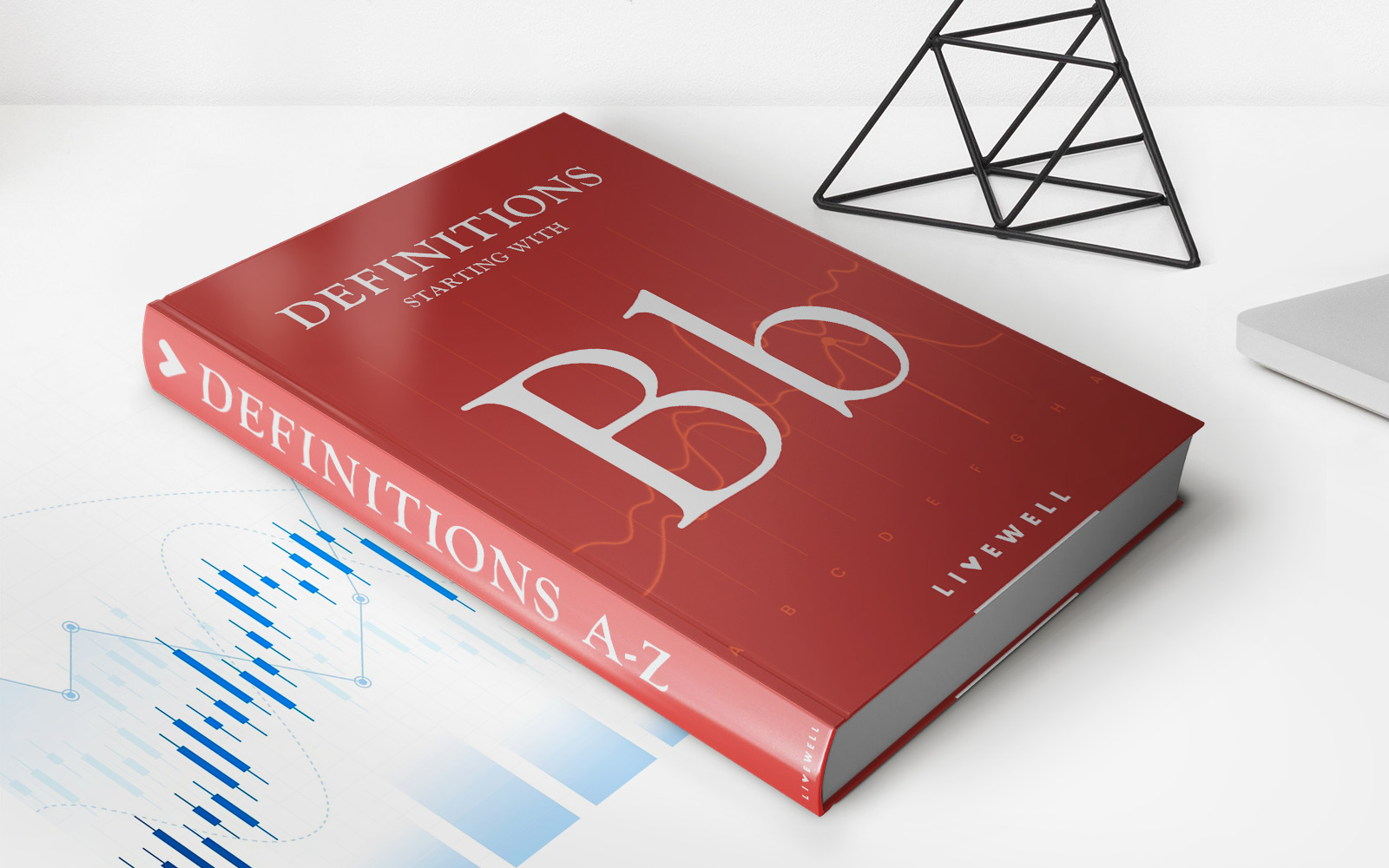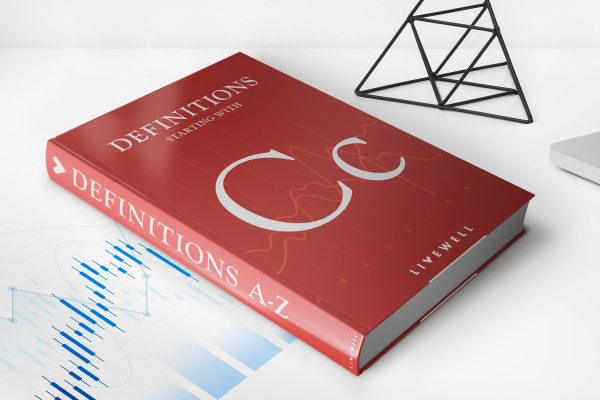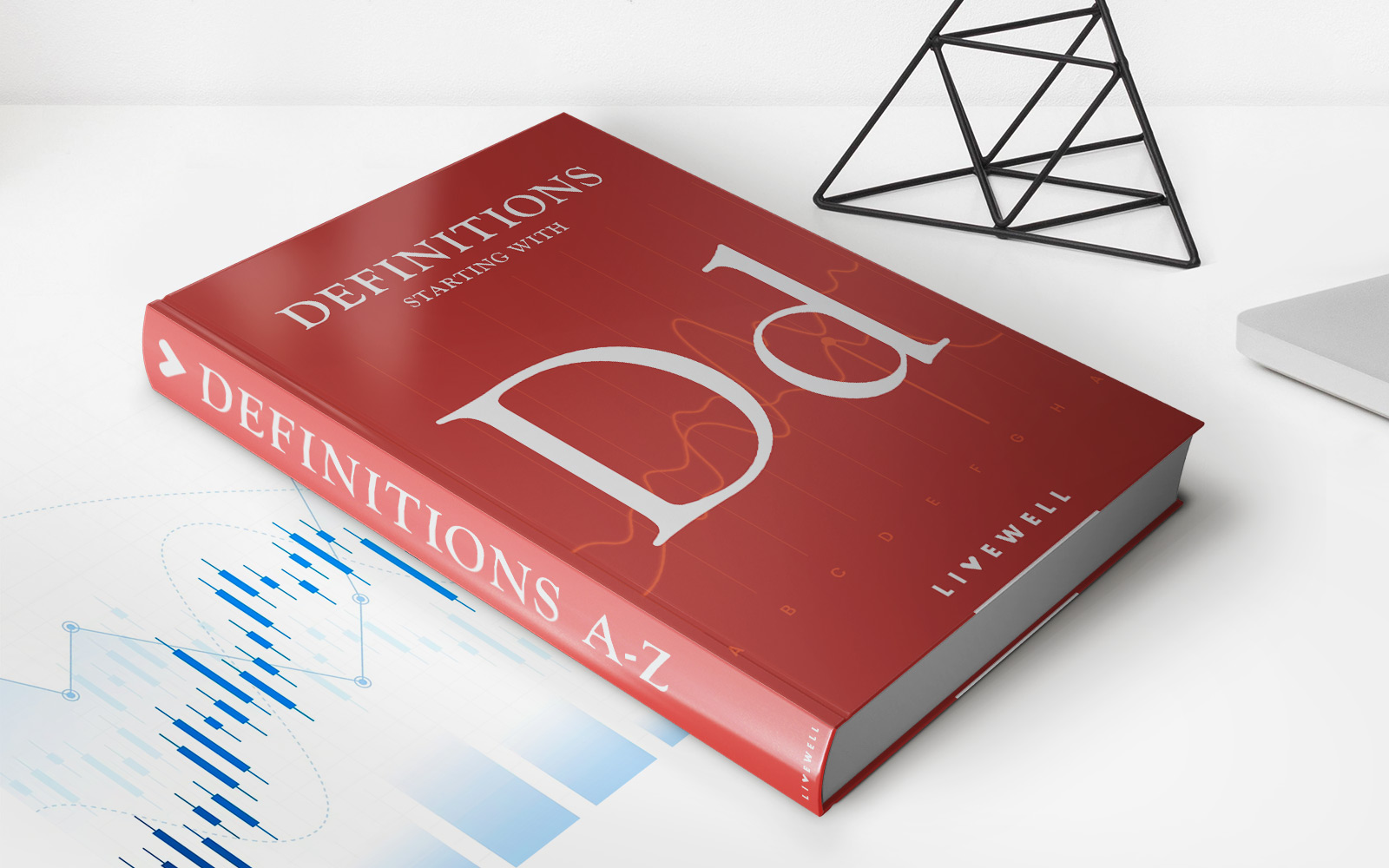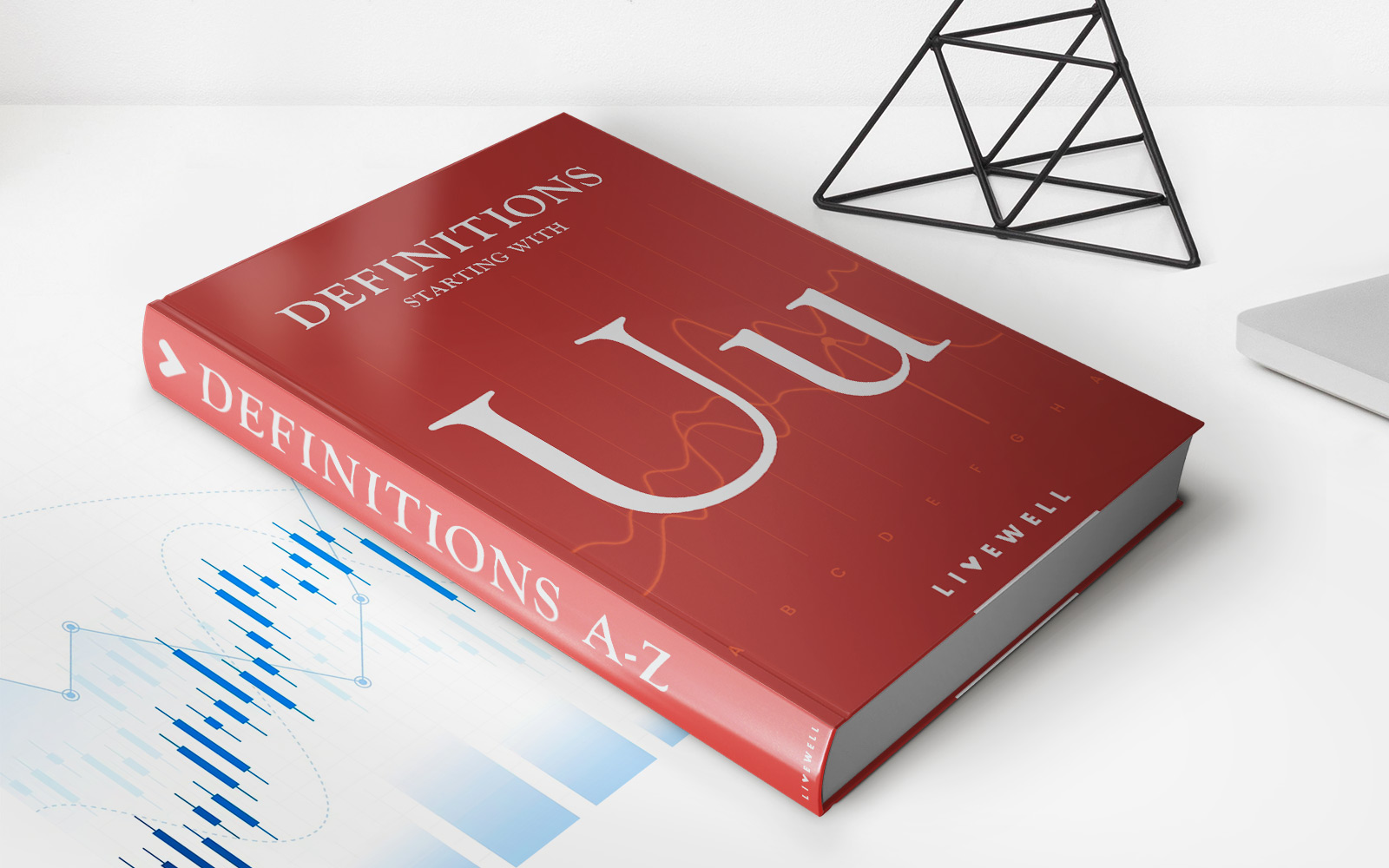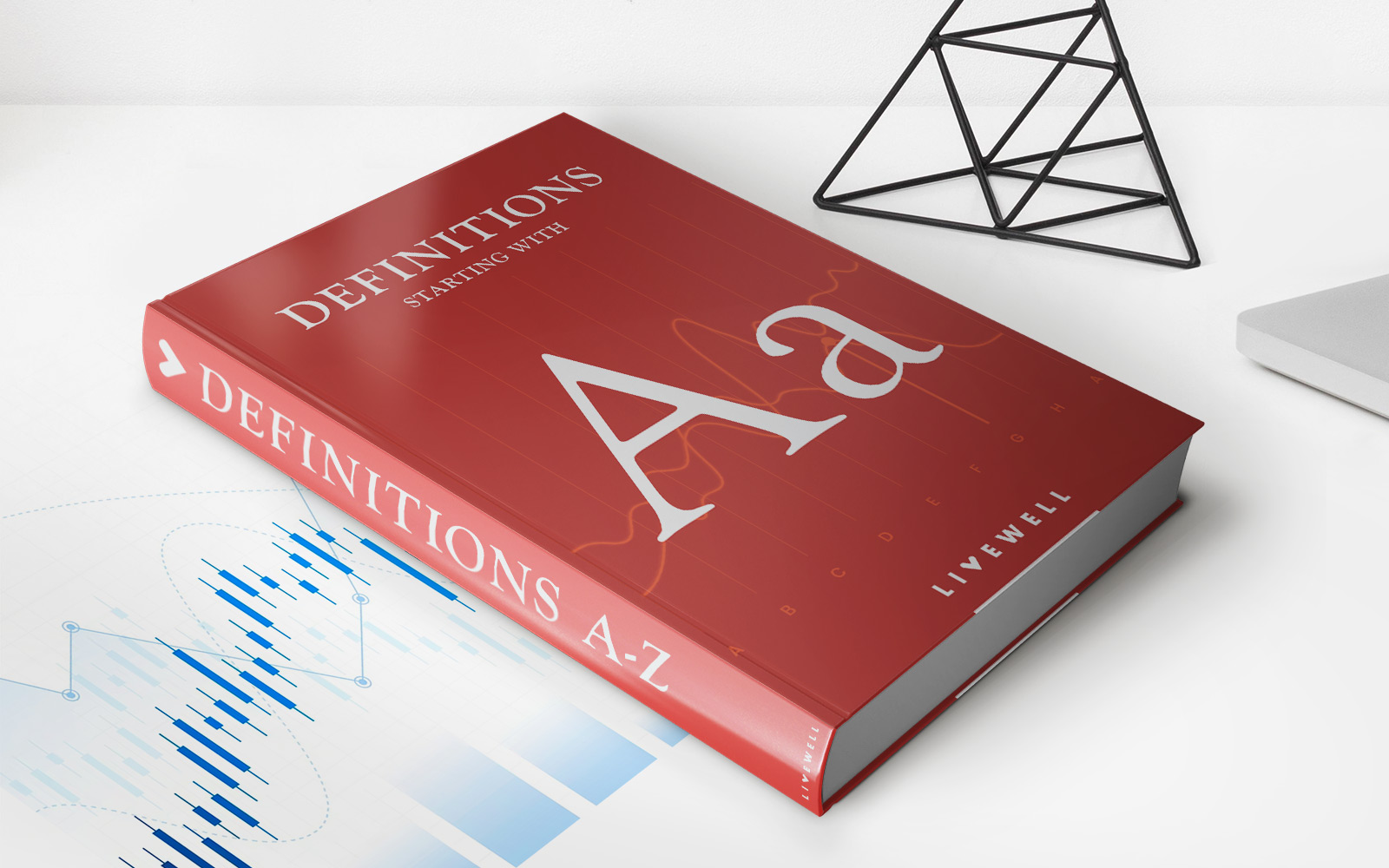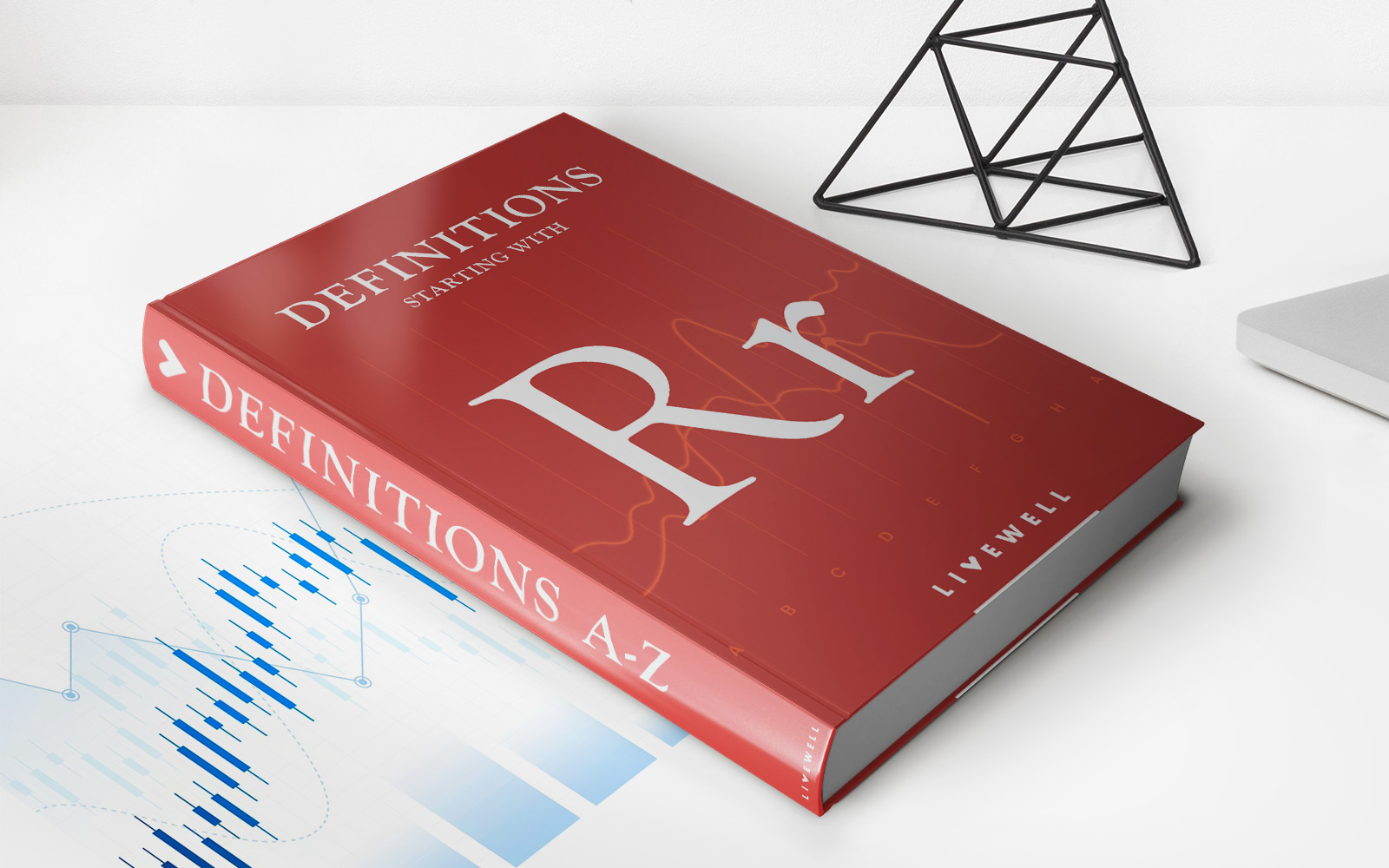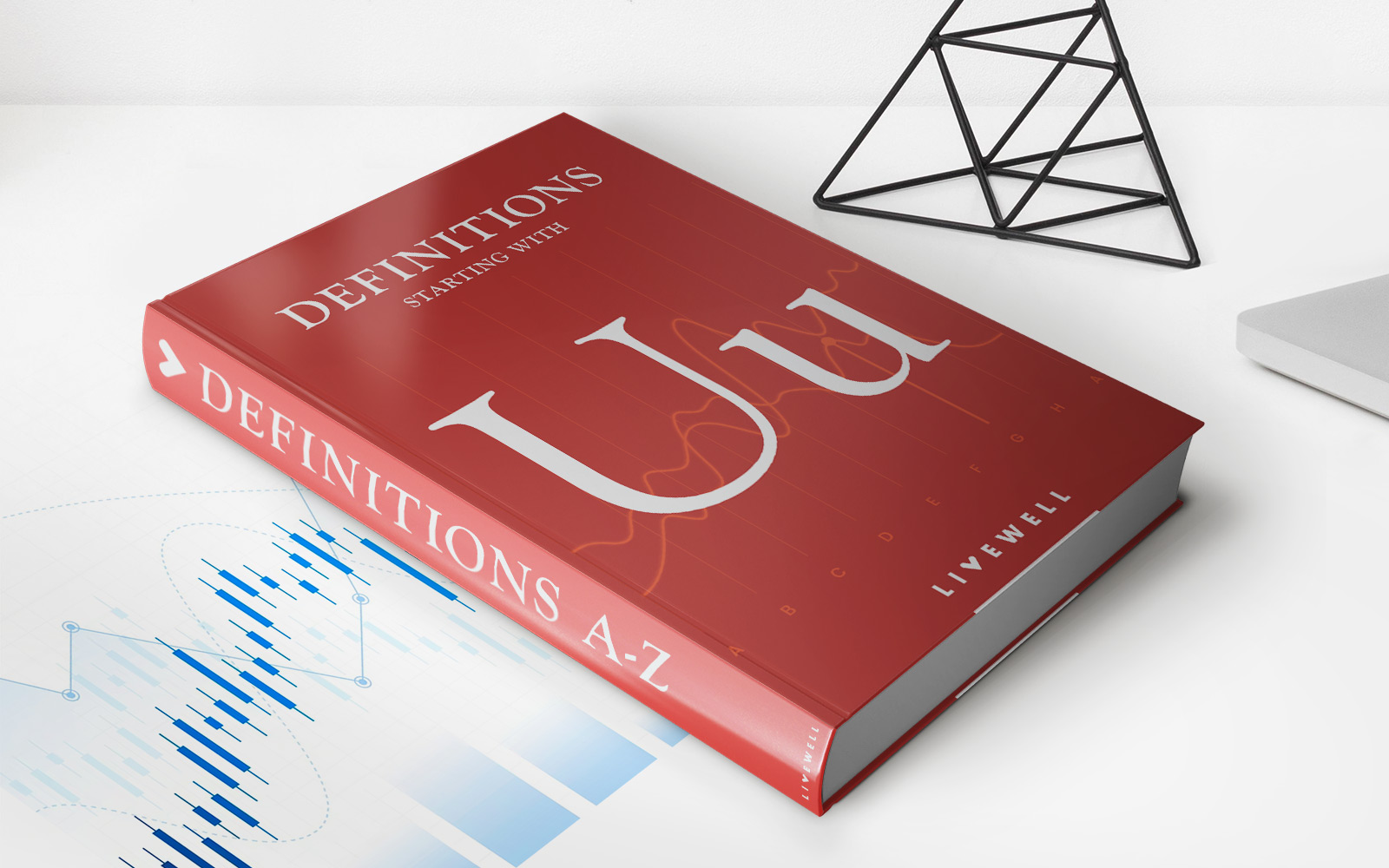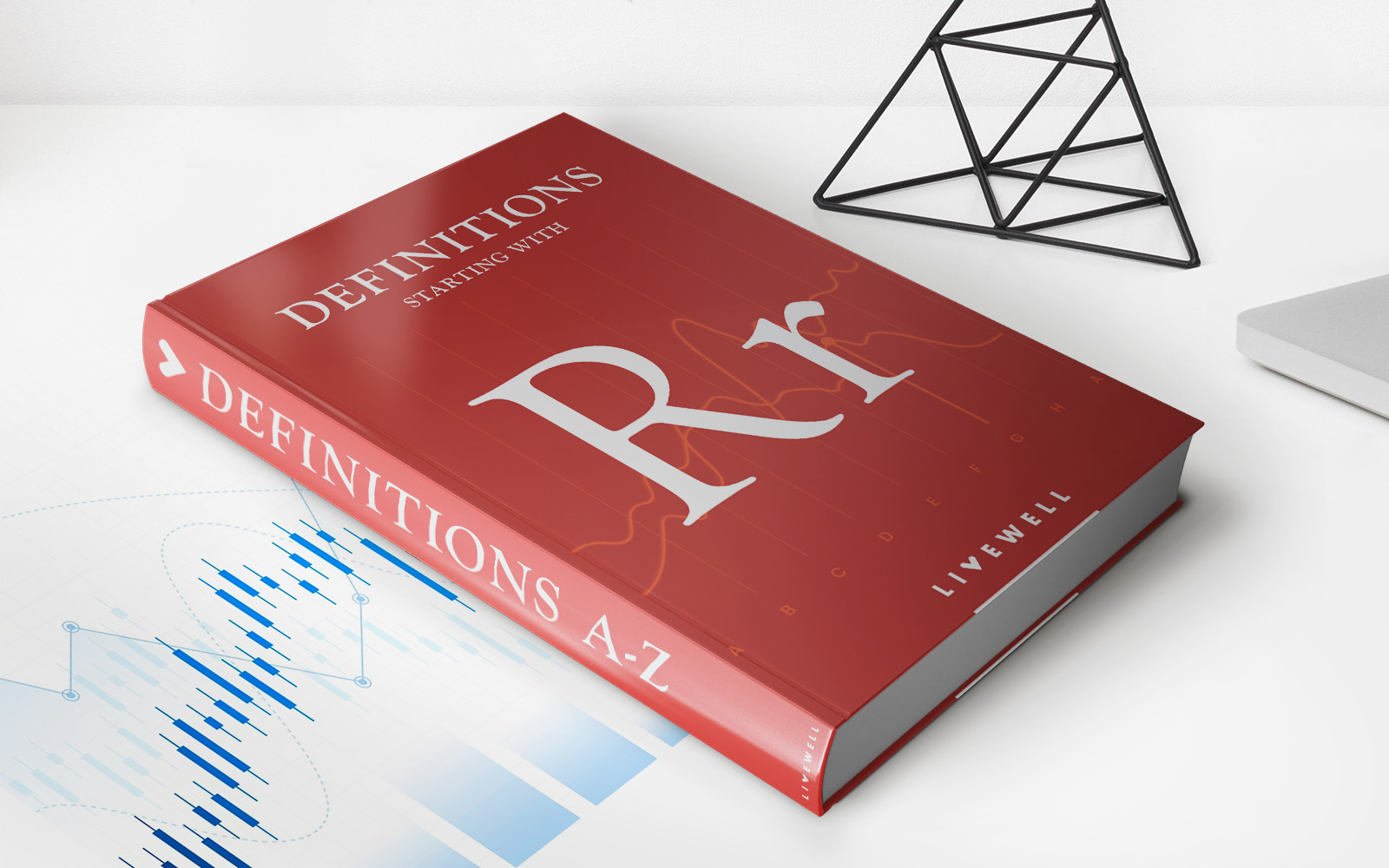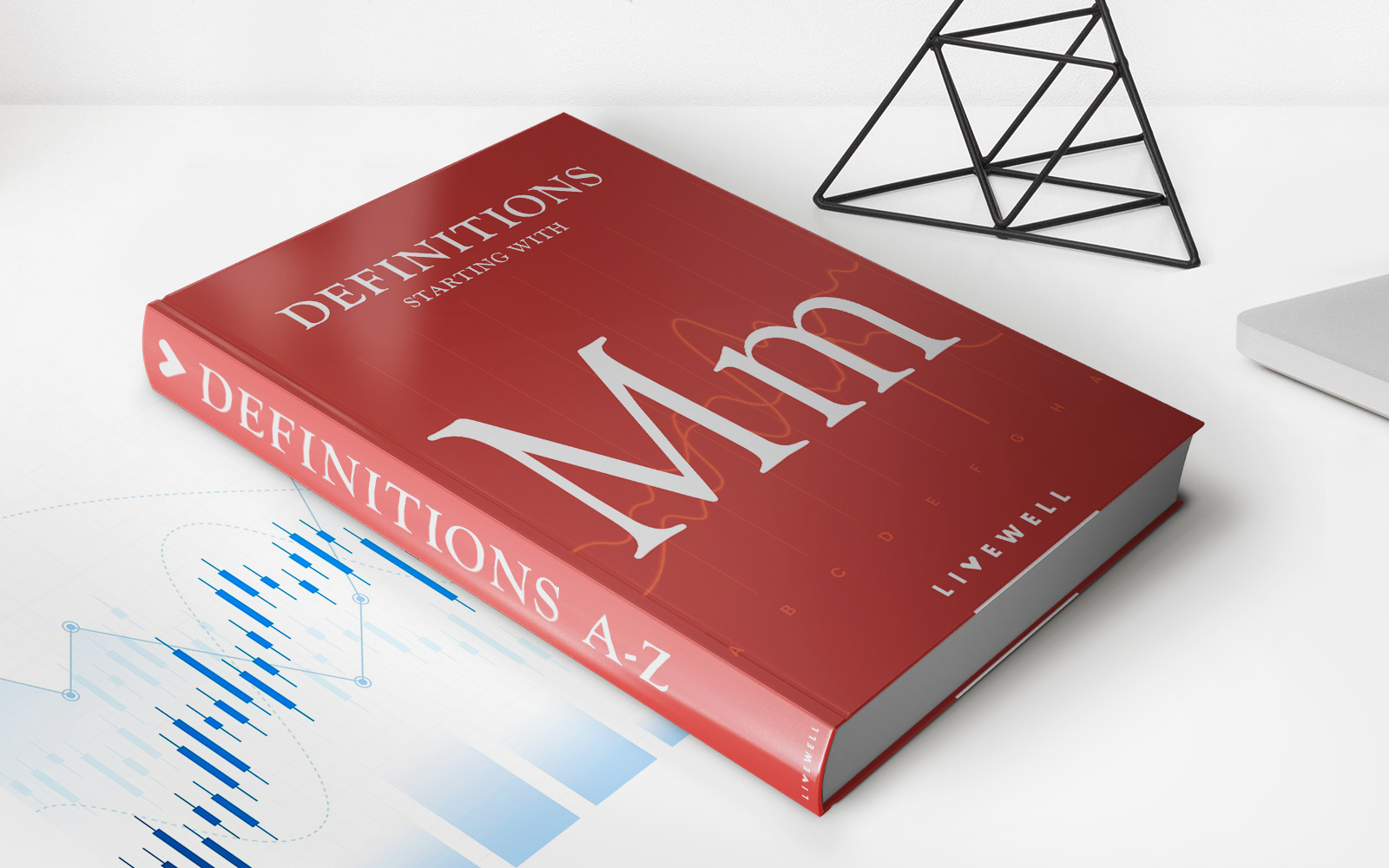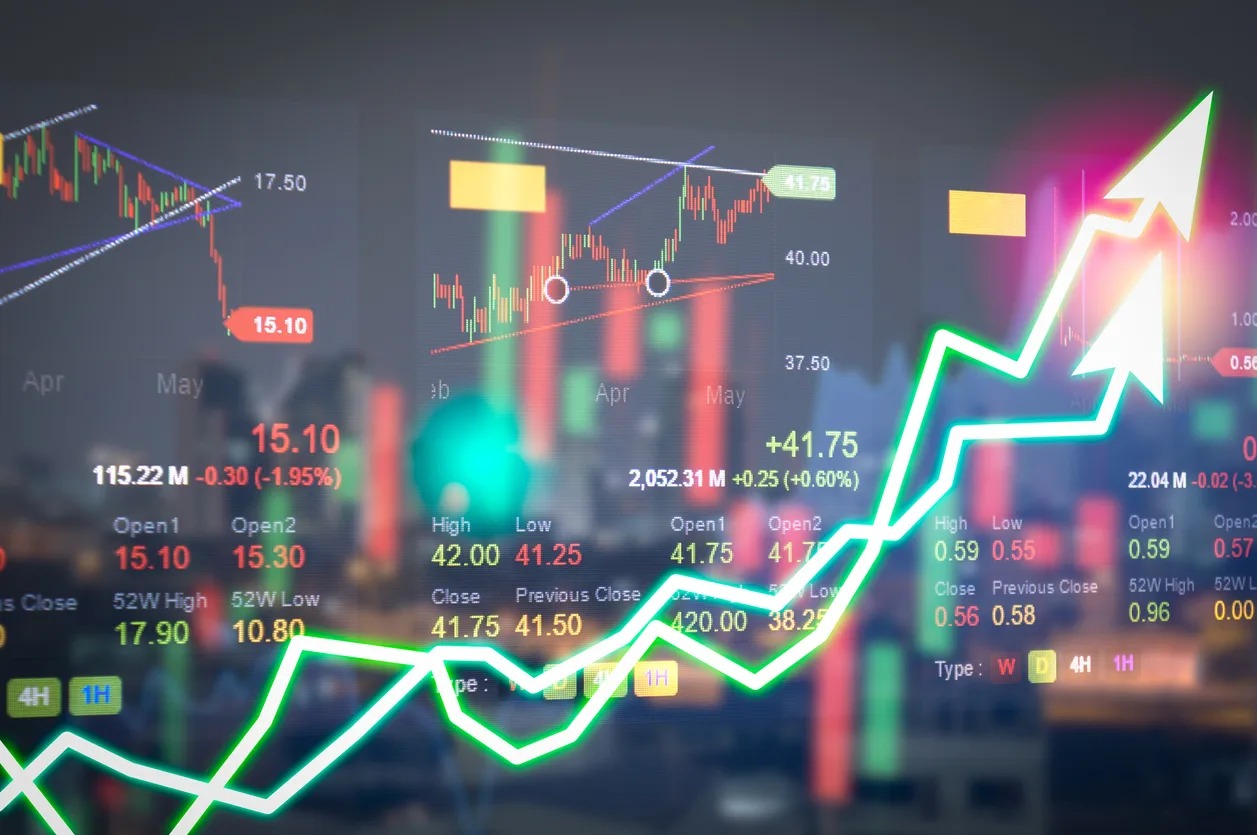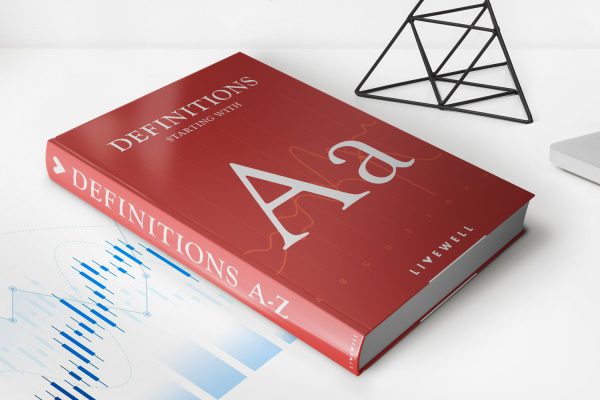Home>Finance>Recession: Definition, Causes, Examples And FAQs
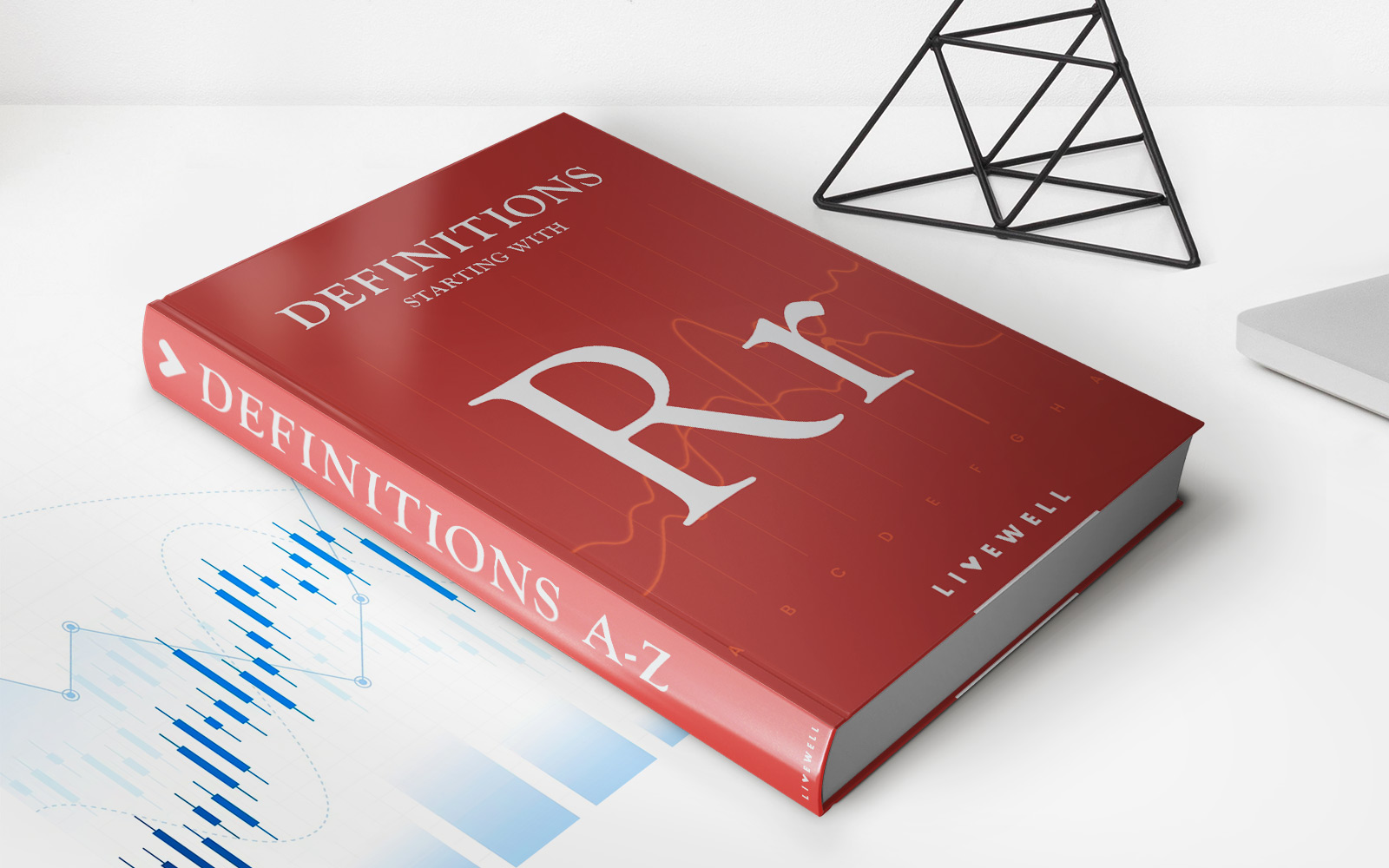

Finance
Recession: Definition, Causes, Examples And FAQs
Published: January 16, 2024
Learn about the recession, its causes, real-world examples, and find answers to frequently asked questions about finance.
(Many of the links in this article redirect to a specific reviewed product. Your purchase of these products through affiliate links helps to generate commission for LiveWell, at no extra cost. Learn more)
Recession: Definition, Causes, Examples and FAQs
Welcome to our “FINANCE” category, where we delve into the fascinating world of money management, investment strategies, and economic phenomena. In today’s blog post, we will explore one of the most feared events in the financial realm – the recession. What exactly is a recession, what are its causes, and how does it impact the economy? Join us as we break it down and answer some frequently asked questions along the way.
Key Takeaways:
- A recession is a significant decline in economic activity, characterized by falling GDP, unemployment, and reduced consumer spending.
- Key causes of recessions include financial crises, monetary policy changes, and external shocks like natural disasters or global pandemics.
What is a recession?
A recession is a period of economic decline marked by a significant drop in Gross Domestic Product (GDP), often accompanied by rising unemployment rates and reduced consumer spending. It affects various sectors of the economy, including businesses, individuals, and governments, leading to a general slowdown in overall economic activity. Recessions are considered a normal part of the economic cycle, but their severity and duration can vary.
Causes of a recession:
Recessions can be triggered by a combination of factors, and it’s seldom attributed to a single cause. Here are some common causes:
- Financial crises: Crises in the banking and financial sectors, such as the subprime mortgage crisis in 2008, can result in widespread economic instability and trigger a recession.
- Monetary policy changes: When central banks raise interest rates to curb inflation, it can decrease consumer spending and investment, putting a strain on the economy and potentially leading to a recession.
- External shocks: Natural disasters, wars, political instability, or even global pandemics (like the COVID-19 crisis) can disrupt supply chains, slow down economic activity, and ultimately contribute to a recession.
Examples of recessions:
Throughout history, several notable recessions have occurred, each with its unique circumstances and impacts. One of the most prominent examples is the Great Recession of 2008, which was primarily caused by the burst of the housing bubble and the subsequent collapse of the financial sector. This event had far-reaching consequences and led to a global recession, affecting economies worldwide.
Another significant recession was the Dot-com bubble burst in the early 2000s. It resulted from the collapse of internet-based companies that were overvalued, leading to a decline in stock markets and a recession in the technology sector.
Frequently Asked Questions about recessions:
1. How does a recession affect individuals?
Recessions can cause higher unemployment rates, reduced personal income, and decreased value of investments, making it financially challenging for individuals. It may lead to reduced spending, slower wage growth, and even personal financial hardships.
2. How long do recessions typically last?
The length of recessions can vary greatly, depending on the underlying causes and the effectiveness of government interventions. Recessions can last anywhere from a few months to several years.
3. How does a recession impact businesses?
During a recession, businesses often experience reduced demand for their products or services, which can lead to layoffs, business closures, and financial struggles. It may also affect the ability to secure loans or access capital for expansion.
4. Can governments prevent or minimize recessions?
While it’s challenging to prevent recessions altogether, governments can implement various fiscal and monetary policies to help minimize their impact and stimulate economic recovery. These measures may include tax cuts, increased government spending, and adjustments to interest rates.
5. How can individuals protect themselves during a recession?
During a recession, it’s crucial to focus on building an emergency fund, diversifying investments, and maintaining a conservative approach to personal finances. Additionally, keeping abreast of economic news and seeking professional advice can be beneficial in weathering the storm.
We hope this blog post has shed some light on the complex world of recessions. While they can be challenging and disruptive, understanding their causes and impacts can help individuals and businesses make informed financial decisions. Stay tuned for more informative articles in our “FINANCE” category!
